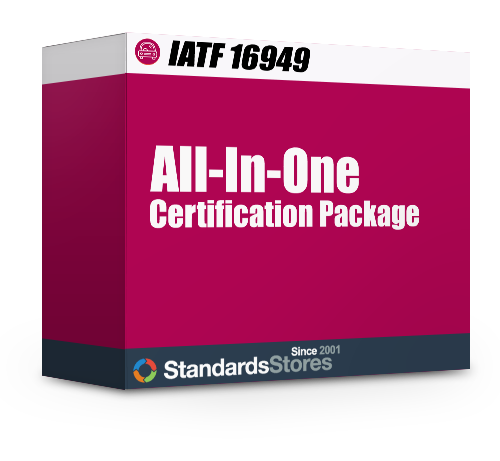Quality Principles
Principle 1: Customer Focus
Quality Management is based around customers. Organizations depend on their customers and therefore it is pertinent to understand current and future customer needs. Furthermore, organizations should meet customer requirements and strive to exceed customer expectations.
You must ask, does your organization carefully review your customer requirements?
How do you know if your customers are satisfied?
Principle 2: Leadership
Leadership is another crucial principle for the QMS. Organization’s leaders are top management and therefore need to establish unity of purpose and direction of the organization. Leaders must create and maintain the internal environment in which people can become fully involved in achieving the organization’s objectives.
Leaders set the pace, and therefore Top Management has a responsibility to embrace these principles and your quality management system. It is crucial for your organization to hold management review meetings to keep your QMS (and organization) running smoothly.
Principle 3: Engagement of people
Each role in an organization is crucial for the organization to function properly, and their full involvement enables their abilities to be used for the organization’s benefit. IATF 16949 requires training to ensure employees have the tools they need to do their job and contribute to the success of your organization.
In order for workers to work towards your quality initiatives, they must understand them. We recommend an employee overview of IATF 16949.
Principle 4: Process approach
A QMS has the greatest results when activities are related resources are managed as a process.
A process consists of a set of activities that requires resources such as people and machines, to transform inputs and outputs. Every organization is made up of a series of interacting processes.
Principle 5: Improvement
Continual improvement of the organization’s overall performance should be a permanent objective of the organization.
Auditing your QMS and improving your processes is a key requirement.
Principle 6: Evidence based decision making
When your organization is trying to make effective decisions, the basis of these decisions should be based on analysis of data and information.
When the data reveals that an area is under performing, it is important to take corrective actions to improve performance.
Root Cause Analysis is good way to determine the source of the problem for knowing what corrective actions should be taken.
Principle 7: Relationship management
An organization and its suppliers must be interdependent and a mutually beneficial relationship enhances the ability of both to create value. Each organization is unique, there is not one right answer to the application of any of these principles above. However, implementing IATF 16949 can help establish a solid basis for improved quality and customer satisfaction.


